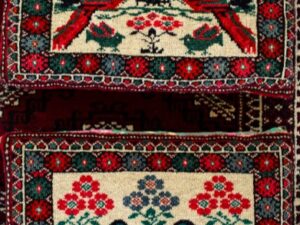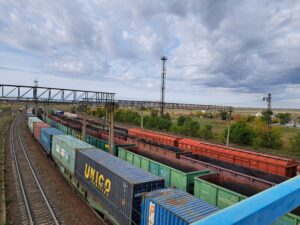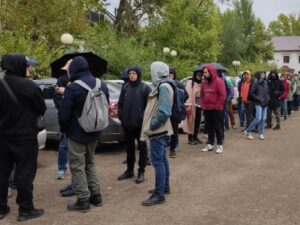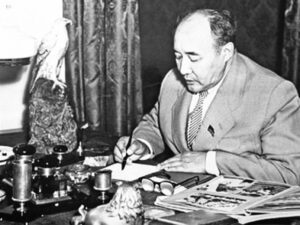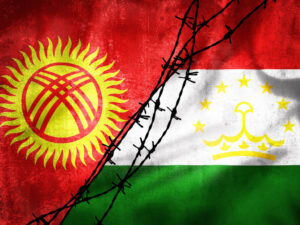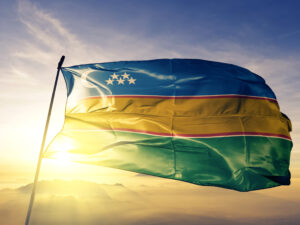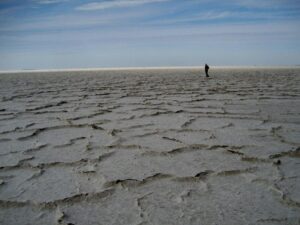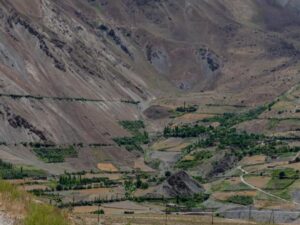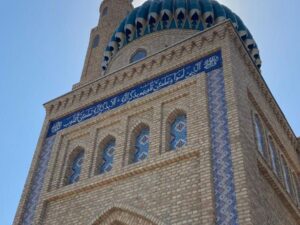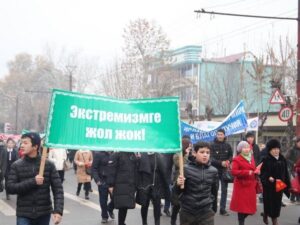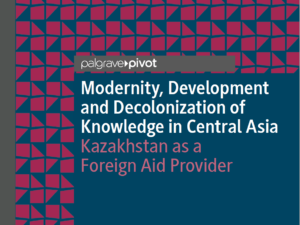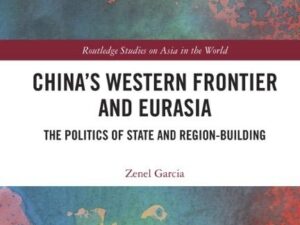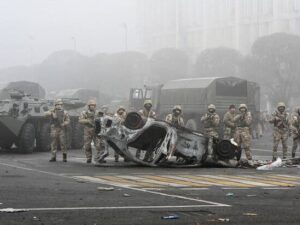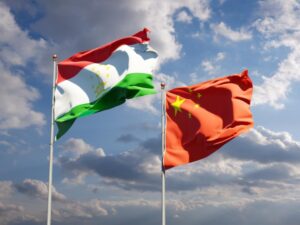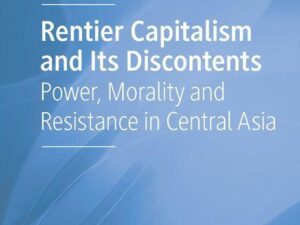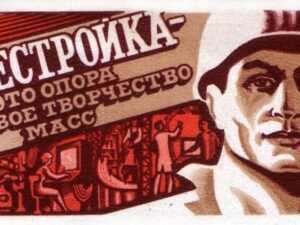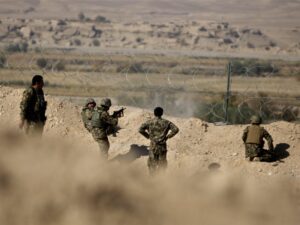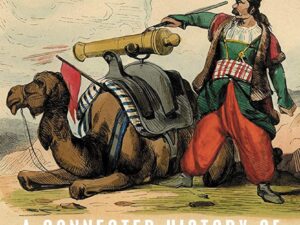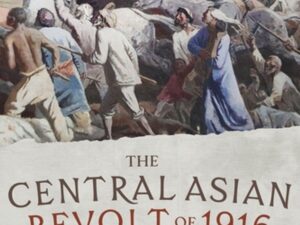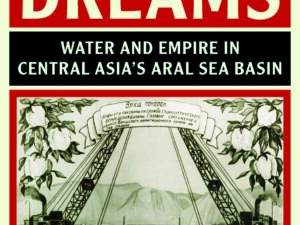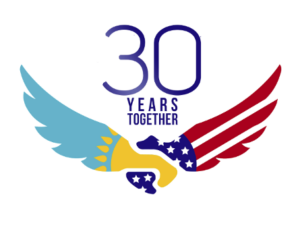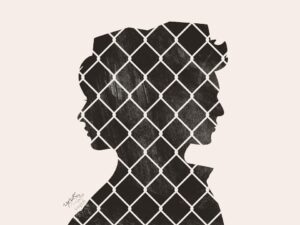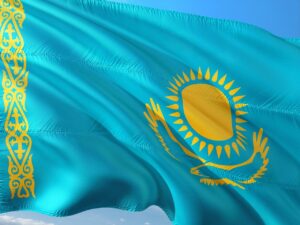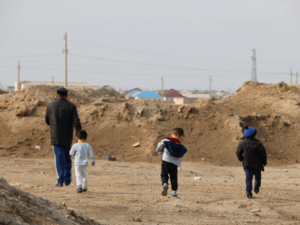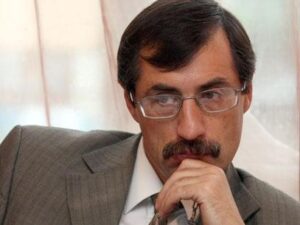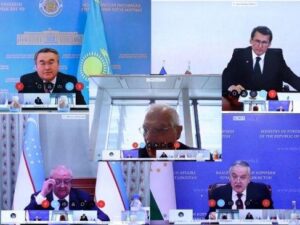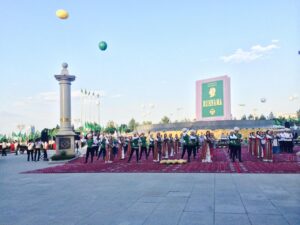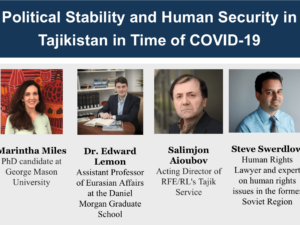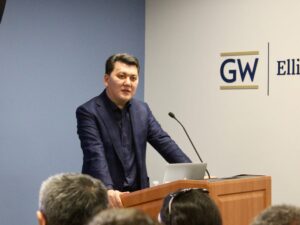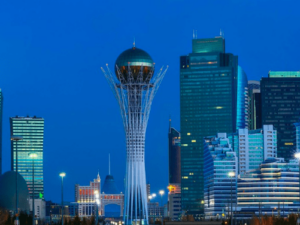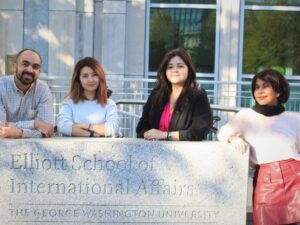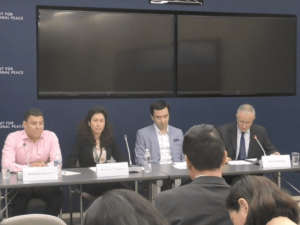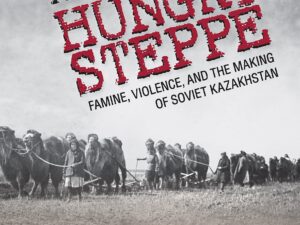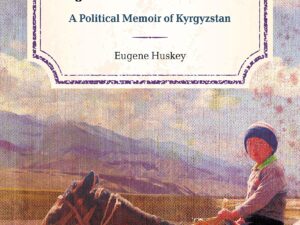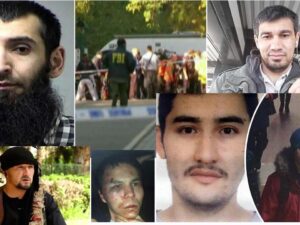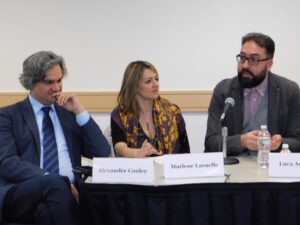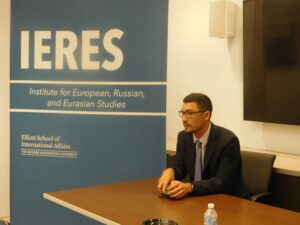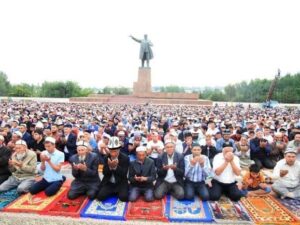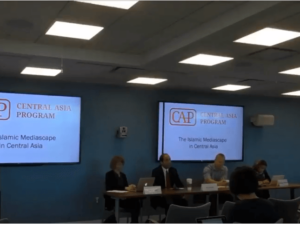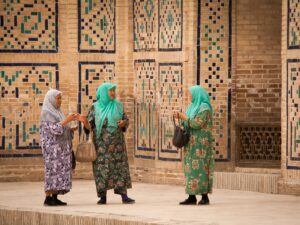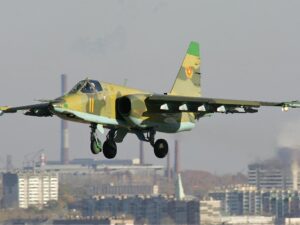
- This event has passed.
Old’ and ‘New’ Political Islam
28 August, 2014 @ 4:30 PM - 6:00 PM

with Emmanuel Karagiannis, King’s College, London
Dr. Emmanuel Karagiannis is a Senior Lecturer at the Department of Defence Studies, King’s College London. He was educated in Great Britain (London South Bank University, Reading University, Hull University) and the United States (University of Pennsylvania). He has travelled extensively throughout the Caucasus, Central Asia, and the Middle East to conduct research. He published, among others, Political Islam in Central Asia. The Challenge of Hizb ut-Tahrir (London: Routledge, 2010).
Political Islam in Central Asia has long been synonymous with clandestine groups, such as the Islamic Movement of Uzbekistan (IMU) and Hizb ut-Tahrir. However, political Islam is a much larger movement which includes legal political parties and individual politicians. It will be argued that there is a new generation of Islamist leaders in Central Asia that ought to be studied.
Tursunbai Bakir Uulu in Kyrgyzstan, Bekbolat Tleukhan in Kazakhstan, and Mohiddin Kabiri in Tajikistan share a modest Islamist agenda, while they publicly pronounce their commitment to the democratic process. As opposed to the “old” political Islam of IMU and Hizb ut-Tahrir which seek to establish an Islamic state, the new Islamists of Central Asia seek a more public role for the Islamic faith without confronting state authorities. In effect, they have favored a partial Islamization of their respective societies by emphasizing the important role of Islam in national culture.
The rise of a new political Islam in Central Asia has concurred with larger developments in the Muslim world. The success of AKP, Ennahda, and the Muslim Brotherhood has served as an example for those Central Asian Islamists who do not seek a radical political transformation and favour change from within.



